Pennsylvania: A Keystone State on the World Map
Related Articles: Pennsylvania: A Keystone State on the World Map
Introduction
With enthusiasm, let’s navigate through the intriguing topic related to Pennsylvania: A Keystone State on the World Map. Let’s weave interesting information and offer fresh perspectives to the readers.
Table of Content
Pennsylvania: A Keystone State on the World Map
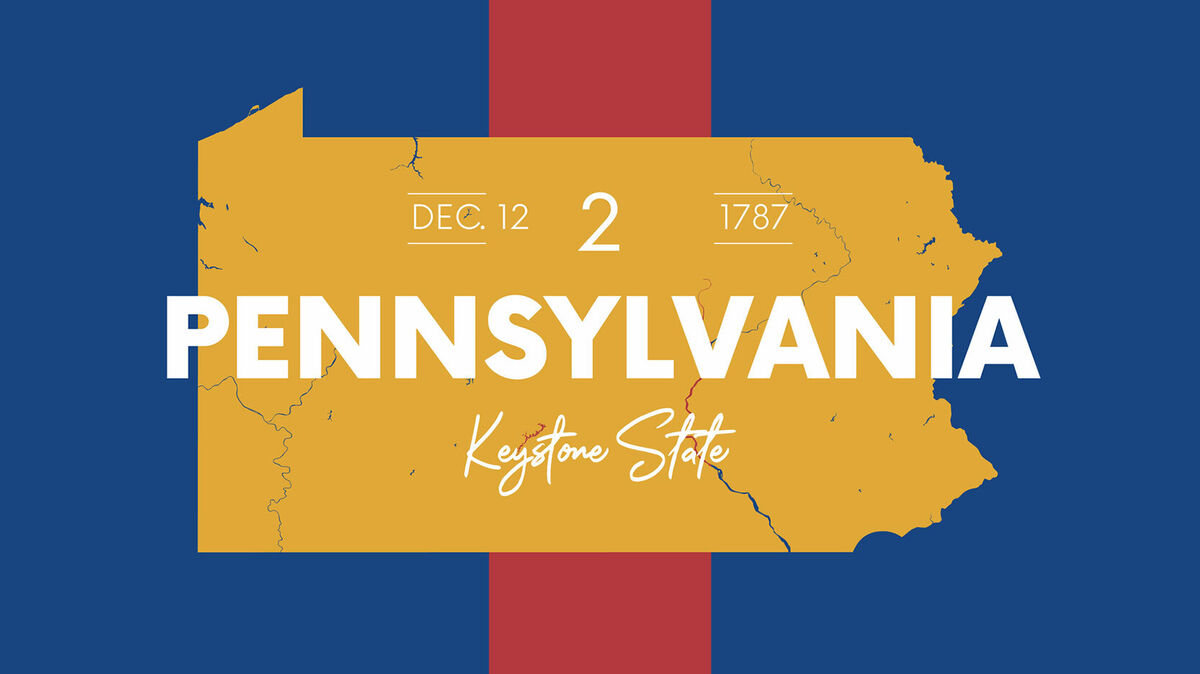
Pennsylvania, often referred to as the "Keystone State," holds a significant position on the world map, not only geographically but also historically, culturally, and economically. Its strategic location in the northeastern United States, bordering both the Atlantic Ocean and the Great Lakes, has shaped its identity and contributed to its enduring influence.
A Glimpse into Pennsylvania’s Geography
Pennsylvania occupies a unique geographic position within the United States. Situated in the Mid-Atlantic region, it stretches from the Appalachian Mountains in the north to the rolling hills of the Piedmont Plateau in the south. The state is bisected by the Susquehanna River, which flows through its heart, connecting its diverse landscapes.
Key Geographic Features:
- Appalachian Mountains: The northern and western parts of Pennsylvania are dominated by the Allegheny Mountains, a subrange of the Appalachian Mountains. These mountains offer breathtaking vistas, abundant forests, and opportunities for outdoor recreation.
- Piedmont Plateau: The southeastern portion of the state is characterized by the Piedmont Plateau, a gently rolling landscape that transitions into the Atlantic Coastal Plain. This region is known for its fertile farmlands and picturesque towns.
- Susquehanna River: The Susquehanna River is the longest river in Pennsylvania, flowing for over 444 miles through the state. It plays a vital role in the state’s economy, providing transportation and water resources.
- Delaware River: The Delaware River forms the eastern border of Pennsylvania, separating it from New Jersey. It is a significant waterway, connecting the state to the Atlantic Ocean and serving as a crucial transportation route.
- Lake Erie: The northwestern corner of Pennsylvania borders Lake Erie, one of the five Great Lakes. This vast body of water offers recreational opportunities, fishing, and scenic beauty.
Pennsylvania’s Rich History and Heritage
Pennsylvania’s history is deeply intertwined with the founding of the United States. As a founding member of the original thirteen colonies, it played a pivotal role in the American Revolution and the establishment of the nation.
Key Historical Moments:
- William Penn’s Founding: In 1681, William Penn, a Quaker, founded the colony of Pennsylvania, establishing a haven for religious freedom and tolerance.
- The American Revolution: Pennsylvania served as a crucial battleground during the American Revolution, with significant battles taking place at locations like Valley Forge and Gettysburg.
- The Industrial Revolution: During the 19th century, Pennsylvania experienced rapid industrial growth, becoming a center for manufacturing, steel production, and coal mining.
- The Civil War: Pennsylvania was a key state in the Union during the Civil War, contributing significantly to the war effort and hosting the pivotal Battle of Gettysburg.
Pennsylvania’s Cultural Tapestry
Pennsylvania boasts a vibrant and diverse cultural landscape, shaped by its rich history and diverse population. From its iconic cities to its charming rural communities, the state offers a wealth of cultural experiences.
Key Cultural Aspects:
- Philadelphia: The city of Philadelphia, the state’s largest city, is renowned for its historical significance, vibrant arts scene, and renowned museums.
- Pittsburgh: Known as the "Steel City," Pittsburgh is a center for innovation, technology, and education, with a thriving arts and culture scene.
- Amish Country: The southeastern part of Pennsylvania is home to a significant Amish community, offering a glimpse into a unique way of life.
- Pennsylvania Dutch Country: The southeastern region is also known as Pennsylvania Dutch Country, characterized by its distinctive culture, cuisine, and architecture.
- The Arts: Pennsylvania is home to a thriving arts scene, with numerous theaters, museums, and galleries showcasing a wide range of artistic expressions.
Pennsylvania’s Economic Engine
Pennsylvania’s diverse economy is fueled by its strategic location, its natural resources, and its skilled workforce. The state plays a significant role in the national economy, contributing to various industries.
Key Economic Sectors:
- Manufacturing: Pennsylvania remains a major manufacturing center, producing a wide range of goods, including steel, machinery, and pharmaceuticals.
- Agriculture: The state is a significant agricultural producer, with a strong focus on dairy farming, livestock, and fruit production.
- Energy: Pennsylvania is a major energy producer, with significant natural gas reserves and a growing renewable energy sector.
- Tourism: Pennsylvania’s rich history, natural beauty, and cultural attractions draw millions of tourists each year, contributing significantly to the state’s economy.
- Education: Pennsylvania is home to numerous prestigious universities and colleges, fostering innovation and economic growth.
Pennsylvania on the World Map: A Keystone State
Pennsylvania’s position on the world map is a testament to its enduring significance. Its strategic location, rich history, vibrant culture, and robust economy have cemented its place as a key player in the United States and on the global stage.
FAQs
Q: What is Pennsylvania’s capital city?
A: The capital city of Pennsylvania is Harrisburg.
Q: What is the official state flower of Pennsylvania?
A: The official state flower of Pennsylvania is the mountain laurel.
Q: What are some of Pennsylvania’s most popular tourist destinations?
A: Some of Pennsylvania’s most popular tourist destinations include Philadelphia, Pittsburgh, Gettysburg, Hersheypark, and the Pocono Mountains.
Q: What is the official state animal of Pennsylvania?
A: The official state animal of Pennsylvania is the white-tailed deer.
Q: What are some of the major industries in Pennsylvania?
A: Some of the major industries in Pennsylvania include manufacturing, agriculture, energy, tourism, and education.
Tips for Visiting Pennsylvania
- Explore Philadelphia’s Historical Sites: Visit iconic landmarks like Independence Hall, the Liberty Bell, and the Betsy Ross House.
- Experience Pittsburgh’s Innovation: Explore the city’s museums, cultural institutions, and vibrant arts scene.
- Discover Amish Country: Visit the charming Amish communities in Lancaster County and experience their unique way of life.
- Hike the Appalachian Trail: Embark on a hiking adventure through the scenic Appalachian Mountains.
- Visit Gettysburg National Military Park: Learn about the pivotal Battle of Gettysburg and the Civil War.
Conclusion
Pennsylvania’s place on the world map is a testament to its enduring influence and its contributions to the United States and the world. From its historical significance to its vibrant culture and thriving economy, Pennsylvania continues to shape the landscape of the nation and beyond. Its strategic location, diverse landscapes, and rich heritage make it a destination worth exploring, a state worth understanding, and a place worth cherishing.
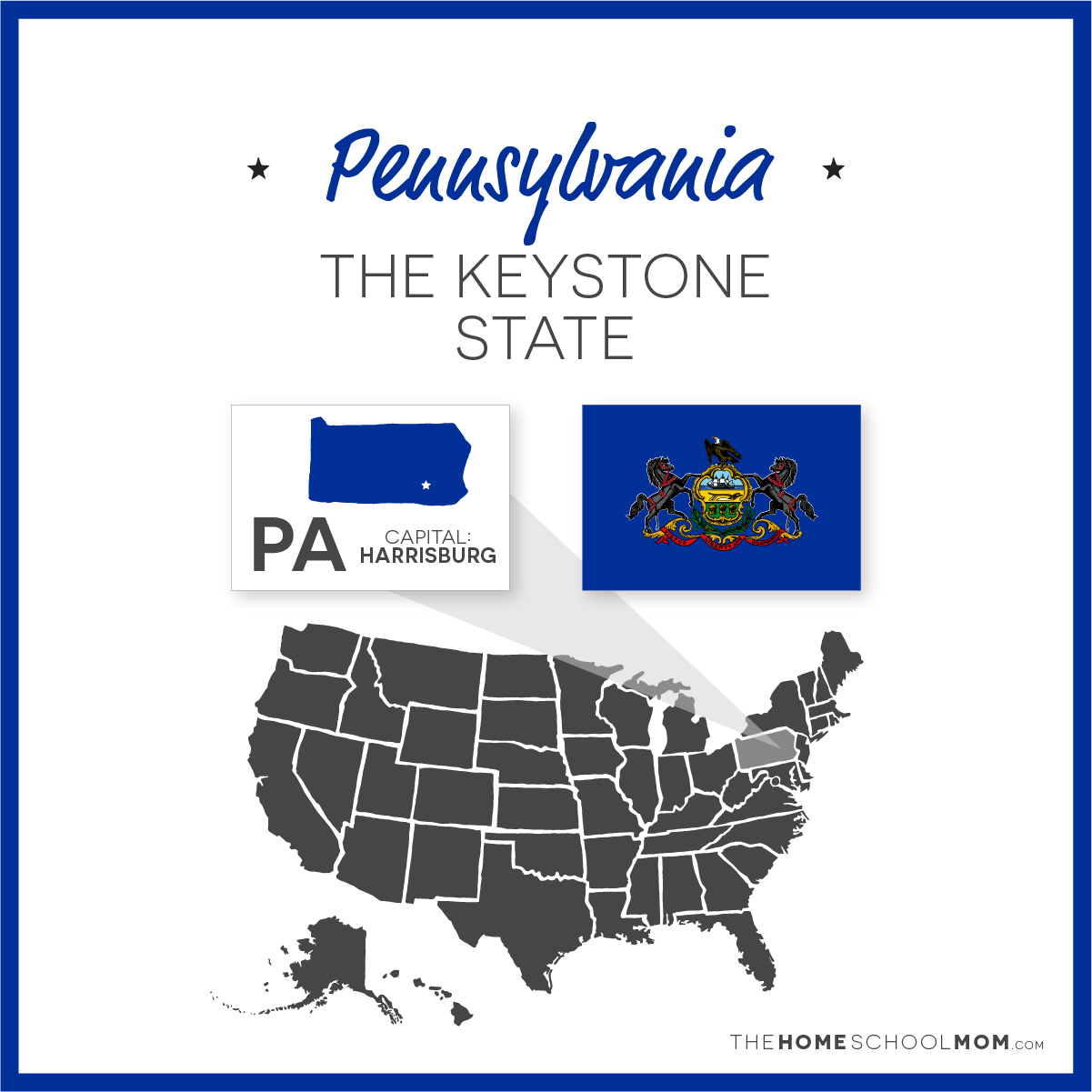
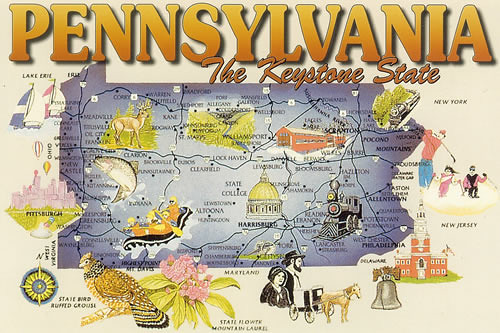
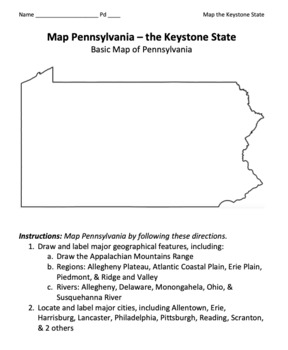




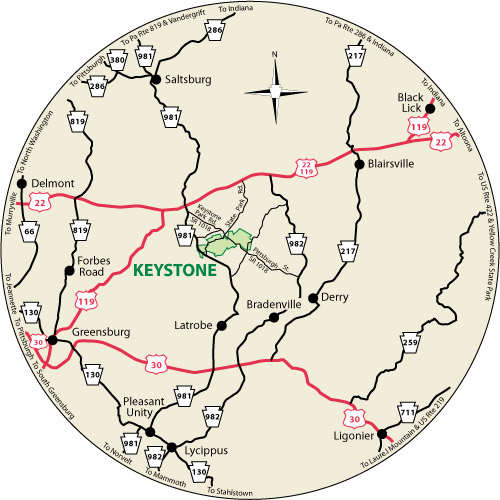
Closure
Thus, we hope this article has provided valuable insights into Pennsylvania: A Keystone State on the World Map. We thank you for taking the time to read this article. See you in our next article!